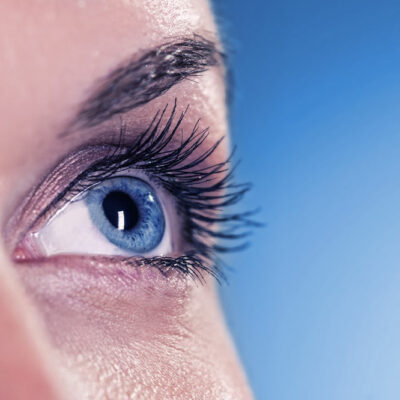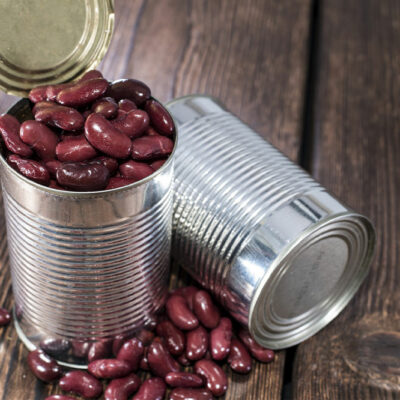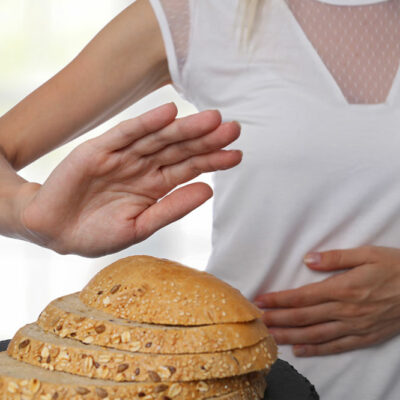
4 vitamins to consume for good eye health
The eye is an organ part of the visual system in the human body that enables individuals to see. But several factors can affect one’s overall vision. Age, diabetes, high blood pressure, and genetics are significant factors impacting one’s vision. Improper nutrition can also be a contributing factor to poor vision. Therefore, one must ensure they eat foods rich in vitamins to improve eye health. Here are four such vitamins to include in each meal. Vitamin A Including foods rich in vitamin A may help maintain a clear cornea (the outer covering of the eye). The vitamin is also a component of a protein in the eyes known as rhodopsin. The protein allows individuals to see in low light conditions. Furthermore, vitamin A reduces the risk of age-related macular degeneration (AMD) and cataracts. Foods abundant with A vitamins include pumpkins, bell peppers, squash, and sweet potato. Carrots, black-eyed peas, spinach, broccoli, mangoes, and cantaloupe are other foods rich in this vitamin. The lack of vitamin A can lead to xerophthalmia, a severe condition that may cause permanent blindness. Vitamin C Eating foods rich in vitamin C can have several health benefits, including those for the eyes. The vitamin also protects the eyes from oxidative damage.
Read Article 









